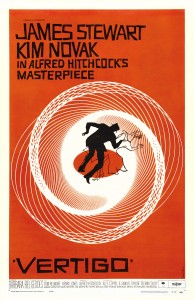This past Tuesday, I attended the Ithaca Town Hall meeting in Klarman Atrium. It was my first time going to a town council-type event, and it was so interesting! It was really awesome to be able to hear about Ithaca-wide development projects directly from the officials in charge and seeing that Ithaca has an easily accessible platform for residents to voice their questions and concerns on.
One of my favorite parts of the meeting was the bit about Collegetown development. City officials predict the area will be positively transformed in the next five years. There are six residential properties in the works right now.
During the Q&A section, a graduate student asked about the recent closing of storefronts that, for many Cornellians, were at the center of their social experience. These included Stella’s and Dunbar’s. Mayor Svante Myrick answered this question by first saying he was embarrassed about the current conditions of Collegetown. However, he followed with, “Retail follows people.” If six residential properties are being built or are in the pipeline, then storefronts will most likely follow.
One of the speakers noted that Collegetown has a list of rules and regulations regarding what and how properties can be built. For example, residential properties cannot be on the ground level. I really love this rule, because the ground floors of residential properties don’t interact with the street. It dampens the energy and culture of the surrounding area.
I will probably live in Collegetown my senior year, so I am excited to hear that the City of Ithaca is consciously developing the area for the betterment of the community.



